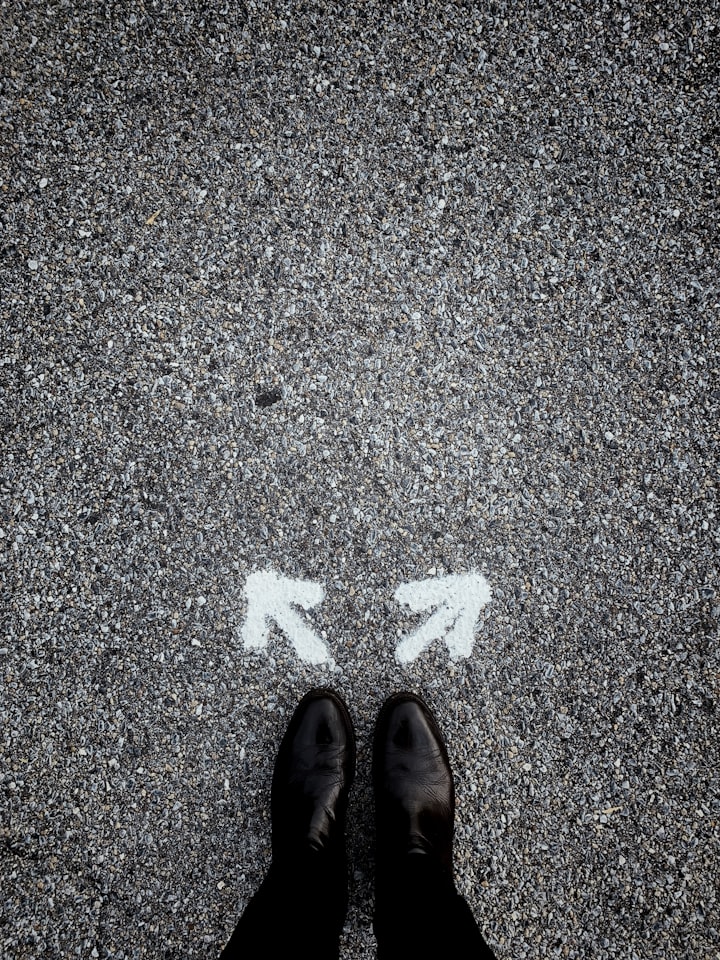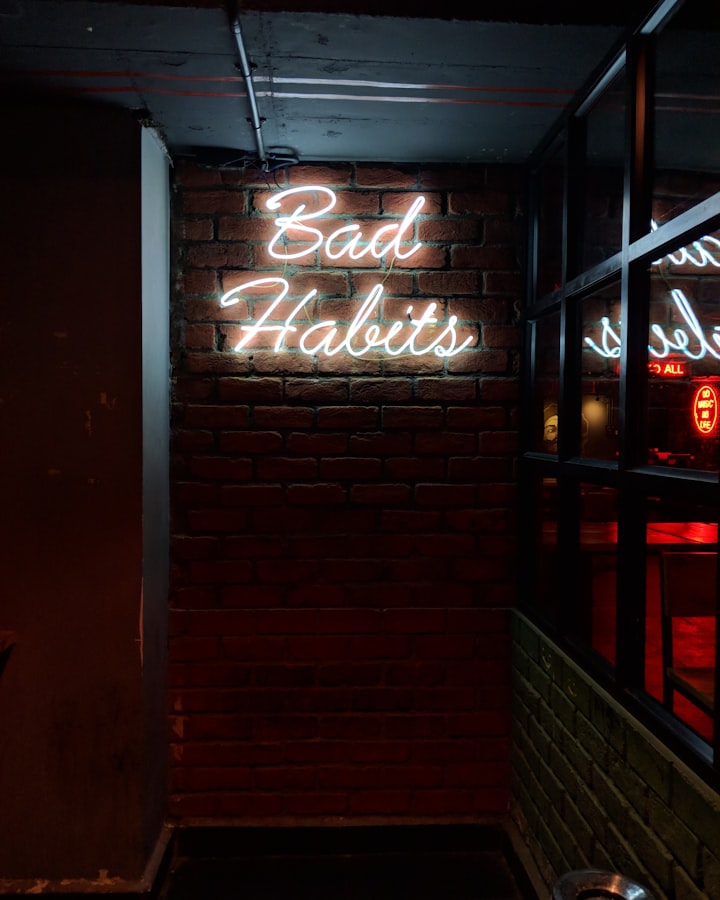Decisions, decisions, decisions. They are everywhere, from what to eat for breakfast to where to go on vacation. But have you ever stopped to think about how you make decisions? The psychology of decision-making is a fascinating topic that reveals how strange and irrational we can be.
One of the most absurd examples of this is the paradox of choice. It's the idea that too many options can be detrimental to our decision-making process.
Studies have shown that when presented with too many choices, people become overwhelmed and find it harder to decide. It's like going to a restaurant with a menu that's 50 pages long. Do you really want to spend your entire evening reading it?
But on the other hand, we also get anxious when there are too few options. This is known as the tyranny of choice. We want options, but not too many. It's like going to a restaurant with only one item on the menu. Sure, it might be the best dish in the world, but don't you want a little variety in your life?
Then there are the biases that influence our decision-making. We all have them, whether we realize it or not.
One of the most well-known biases is confirmation bias. This is the tendency to seek out information confirming our pre-existing beliefs and ignore information contradicting them. It's like when you're trying to decide whether to buy a new car and only read reviews from people who already love that brand. You're not really getting a balanced perspective, are you?
Another bias is the framing effect. This is when the way information is presented can influence our decisions. For example, if you're told that a product has a 90% success rate, you're more likely to buy it than if you're told it has a 10% failure rate. But really, those two statements are saying the same thing! It's all about how the information is framed.
And let's not forget about the emotional component of decision-making. We like to think of ourselves as rational beings, but the truth is that emotions play a big role in our choices. This is especially true when it comes to risk aversion.
People are more likely to take risks when in a good mood and less likely to take risks when feeling down. So if you're trying to convince someone to invest in your new business, try taking them out for a nice meal first!
Of course, sometimes, even when we have all the information we need, we still make bad decisions. This is known as decision fatigue. It's the idea that our ability to make good decisions deteriorates over time as we make more and more choices. That's why you might make poor decisions at the end of a long day or after spending hours shopping for a new outfit.
But perhaps the most absurd aspect of decision-making is that we often don't know what we want. It's like we're playing a game of "Would You Rather?" with ourselves, but we don't know which option we actually prefer.
For instance, would you rather have a high-paying job that you hate or a low-paying job that you love? It's not always clear what the right answer is, and it can drive us crazy trying to figure it out.
So, what can we do to make better decisions? Well, one approach is to be aware of these biases and paradoxes and try to overcome them. It's not easy, but knowing our irrational tendencies can help us make more rational choices.
Another approach is to simplify our choices as much as possible. To illustrate, if you're at a restaurant with a 50-page menu, maybe just order the first thing that catches your eye. Finally, we can learn to trust our instincts more, even if they don't always make logical sense. Sometimes, our gut feelings can be surprisingly accurate.
In the end, the psychology of decision-making is a complex and often absurd field of study. We like to think of ourselves as rational decision-makers. Still, the truth is that various biases, emotions, and paradoxes influence us.
By understanding these quirks of the human mind, we can make better choices and hopefully avoid some of the more ridiculous pitfalls of decision-making. So the next time you're faced with a tough choice, take a deep breath, trust your instincts, and remember that sometimes, the best decision is the one that makes the slightest sense on paper.
About the Creator
Edy Zoo
Edy Zoo is an author who writes about social subjects. He contributes to the ever-growing library of social critics.







Comments
There are no comments for this story
Be the first to respond and start the conversation.